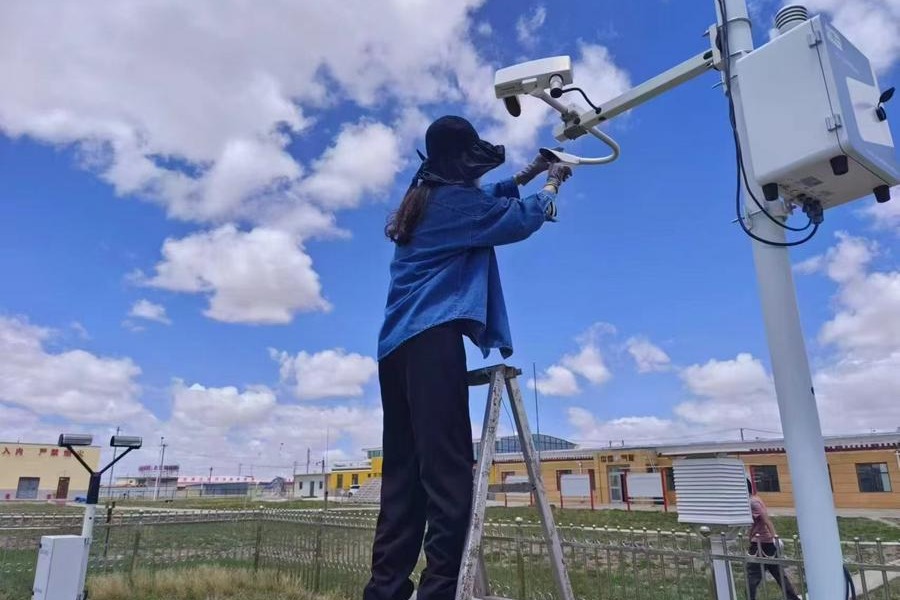Revised infectious disease law strengthens public health system

Following the adoption of a newly revised law, China's public health system will be reinforced, with improved capacity to tackle infectious diseases, especially those of unknown origin, an official from the country's top legislature said.
The amendment to the Law on the Prevention and Control of Infectious Diseases was passed by the Standing Committee of the National People's Congress last week.
Comprising 115 articles across nine chapters, the amended law also marks a significant step in safeguarding public welfare and bolstering the nation's disease defense mechanism, Liang Ying from the NPC Standing Committee's Legislative Affairs Commission said.
He said the revised law made targeted adjustments to diseases classification while mandating disease control agencies and governments at grassroots level to strengthen infectious disease prevention.
After the updates, the amended law now categorizes a total of 40 infectious diseases — two as Class A, 27 as Class B, and 11 as Class C, according to him.
"Emerging contagious diseases or infectious illnesses of unknown origin must be reported via the country's online direct reporting system," he said, while interpreting the revised law, which will come into effect on Sept 1.
"If local governments assess the situation and deem it necessary, they can first adopt Class A prevention and control measures," he added.
He highlighted the importance of infectious disease surveillance and early warning systems, noting that the amendment requires the establishment of an epidemic risk assessment mechanism, and also mandates disease control agencies to issue health risk alerts to the public.
Additionally, the amended law places emphasis on strengthening people's livelihood support during epidemic control, specifying that during the period, governments at all levels should provide supply of daily necessities and basic medical services for residents, with special care to key groups to ensure that they receive medical treatment.
Moreover, it also stipulates that grassroots healthcare institutions should set up dedicated divisions or designate staff members responsible for infectious disease prevention and control management, with efforts in relevant talent education and research.
"The prevention and control of infectious diseases is crucial to the safety of people's lives and their physical health, and it's closely related to every family and everyone," he said, calling for more involvement from people from all walks of life to study and implement the revised law.
China's law on infectious disease prevention and control was first published and took effect in 1989, drawing from experiences in handling hepatitis in Shanghai.
A major round of amendments was made in 2004 after the outbreak of SARS in 2003, and partial revisions were made in 2013.
Responding to new challenges and problems in the public health sector, the State Council, China's cabinet, proposed revisions to the law in September 2023.
Before its adoption on Wednesday, the NPC Standing Committee reviewed the draft amendment to the law twice, in October 2023 and September 2024, respectively.
- Revised infectious disease law strengthens public health system
- Port in Macao sets new records on 1st day of May Day holiday
- SW China's Yunnan province holds intl twins festival
- China's railways handle record passenger trips on May 1
- Yangtze River Delta railway sets single-day passenger record with over 4.2 million trips
- Foraging adds natural flavor to fresh dishes





































